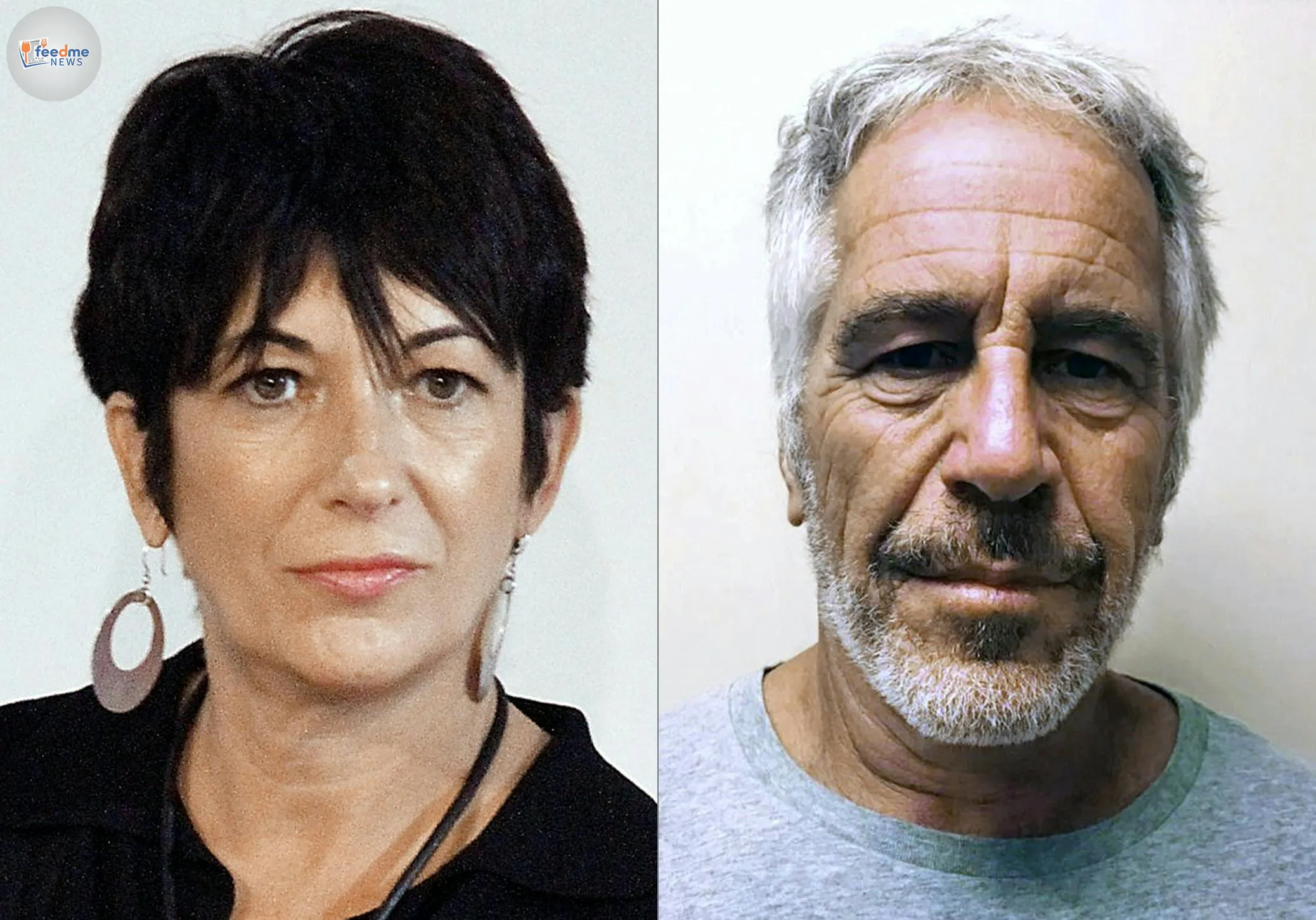In a decisive move, the US Supreme Court has rejected Ghislaine Maxwell’s appeal, maintaining her conviction linked to the notorious sex-trafficking operations of Jeffrey Epstein. Maxwell, a British socialite, is currently serving a 20-year sentence following her conviction on charges of sex trafficking and conspiracy. The court’s decision, issued on Monday, marks a significant moment in the long-standing legal battles surrounding Epstein’s criminal activities and his associates.
The Supreme Court’s rejection of the appeal effectively upholds the decisions made by lower courts, reinforcing the legal outcomes of a case that has captivated global attention. This ruling not only affects Maxwell but also serves as a critical juncture in the broader narrative of justice for Epstein’s victims.

The Case Against Maxwell
Ghislaine Maxwell was convicted in December 2021 on five of six charges, including sex trafficking of a minor, stemming from her role as Epstein’s confidante and enabler. Prosecutors argued that Maxwell was instrumental in recruiting and grooming young girls for Epstein, who died by suicide in 2019 while awaiting trial on federal charges. The trial revealed harrowing testimonies from victims, some of whom were as young as 14 at the time of the abuse.
Maxwell’s defence team argued that she was being scapegoated for Epstein’s crimes following his death. They maintained that the prosecution lacked substantial evidence linking her directly to the trafficking offences. However, the jury found the testimonies of the victims compelling, leading to her conviction and subsequent sentencing in June 2022.
Supreme Court’s Decision
The Supreme Court’s decision to reject Maxwell’s appeal was delivered without comment, a common practice when the court decides not to hear a case. This effectively leaves the lower court’s ruling intact. Legal experts suggest that the Supreme Court’s refusal indicates confidence in the thoroughness of the trial and appellate court proceedings.
Maxwell’s legal team had hoped to challenge what they described as procedural errors during the trial, including jury misconduct and the admissibility of evidence. However, these arguments failed to sway the justices, leaving Maxwell with limited legal recourse.
Impact on Epstein’s Victims
For the victims of Epstein’s trafficking ring, the Supreme Court’s decision is seen as a reaffirmation of justice. Many of these survivors have spent years seeking accountability and closure. The ruling underscores the legal system’s commitment to addressing the heinous crimes committed against them.
Annie Farmer, one of the victims who testified against Maxwell, expressed relief at the decision. “This is a victory not just for me, but for all the survivors who have fought to be heard,” she stated. Advocacy groups also hailed the decision as a step forward in the broader fight against sex trafficking and exploitation.
Legal and Social Implications
The Supreme Court’s ruling has broader implications for ongoing legal actions related to Epstein’s network. Several civil lawsuits are still pending against Epstein’s estate and other alleged accomplices. The decision may influence these cases by setting a precedent for how the judicial system handles evidence and testimonies in complex trafficking cases.
Furthermore, the case has sparked renewed discussions about the wealth and influence of powerful individuals involved in such crimes. The Epstein scandal has highlighted the vulnerabilities in legal systems that can be exploited by those with significant resources, prompting calls for reforms to ensure justice is accessible to all victims.
Looking Ahead
As Maxwell continues to serve her sentence, the focus now shifts to the remaining legal battles and the ongoing pursuit of justice for Epstein’s victims. The Supreme Court’s decision may deter future appeals and encourage the resolution of outstanding civil cases.
For advocates and survivors, the fight against sex trafficking remains a priority. Organisations dedicated to supporting victims continue to push for stronger legislation and resources to prevent exploitation and aid survivors in their recovery.
The global attention on this case underscores the importance of vigilance and accountability in combating sex trafficking. As the legal chapter closes for Maxwell, the broader narrative of justice and reform continues to evolve, with the hope of preventing future abuses and supporting those who have suffered.






